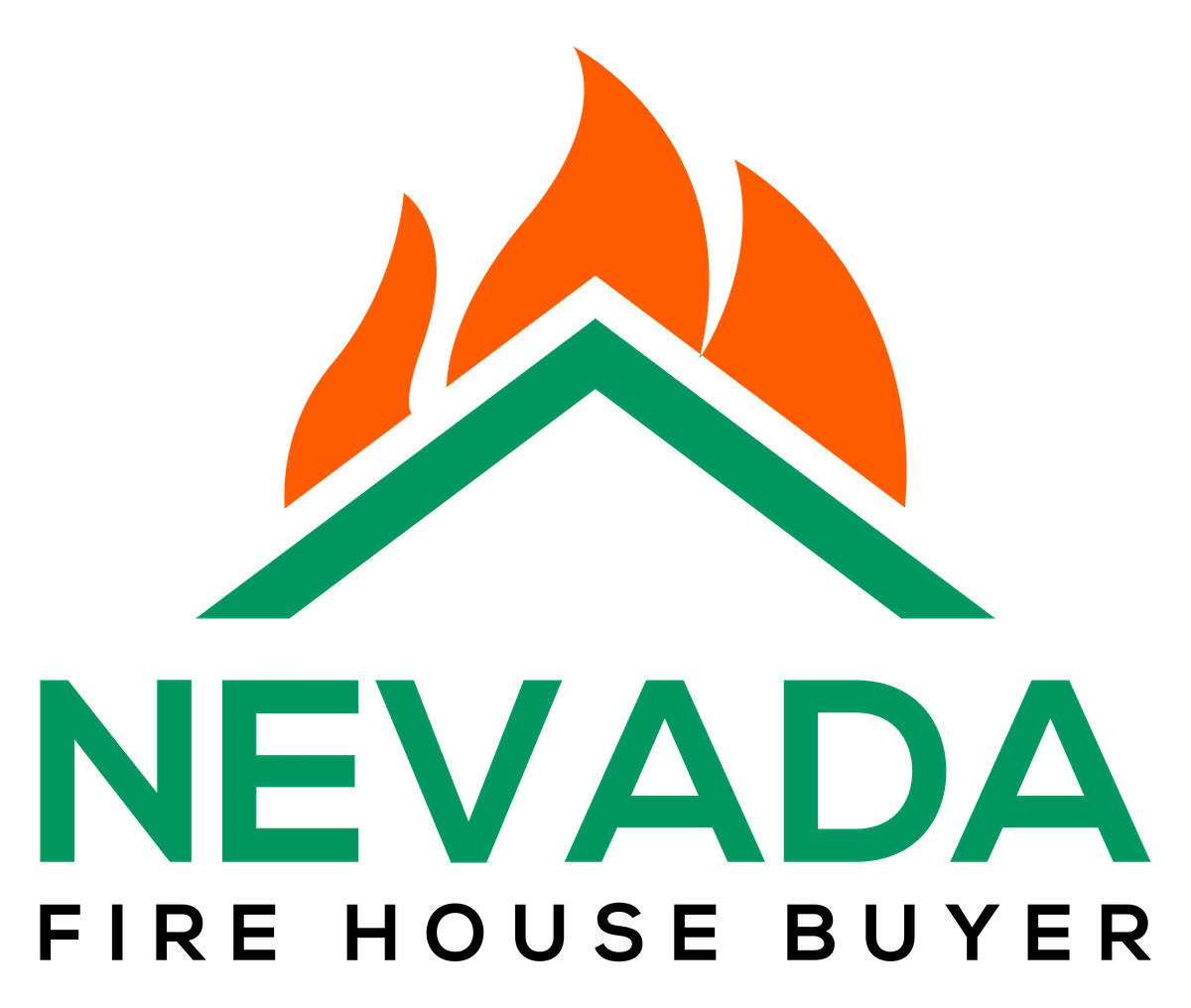Selling A House With Fire-Damaged In Enterprise
We buy fire damaged homes as-is in Enterprise for cash! No repairs. No fees.


We’ll Give You A No Pressure As-Is Cash Offer in 24 Hours
We’re Local, Can Close in 10 Days, Fast Cash




How To Sell A Fire Damaged House As Is In Enterprise
If you want to sell a house as-is in Enterprise, NV, our simple 3-step process makes it easy. Whether you’re in Mountain’s Edge, Southern Highlands, or Silverado Ranch, you can get a free offer and cash in your bank within 7 days—or on your timeline. Skip the slow traditional sale and let Sell Fire Damaged House Enterprise show you how fast and stress-free selling can be!



Fill Out Form
Fill out our form and we’ll get started on your free offer! No obligations.



Receive Cash Offer
We’ll research your property and call you with our fair offer in cash!


You Get Paid!
Money in your bank account at closing. As quick as 7 days!
Sell Your House Fast After a Fire
Selling your fire-damaged home in Enterprise Nevada is simple. Our local team offers a quick, stress-free process to help you move forward fast.
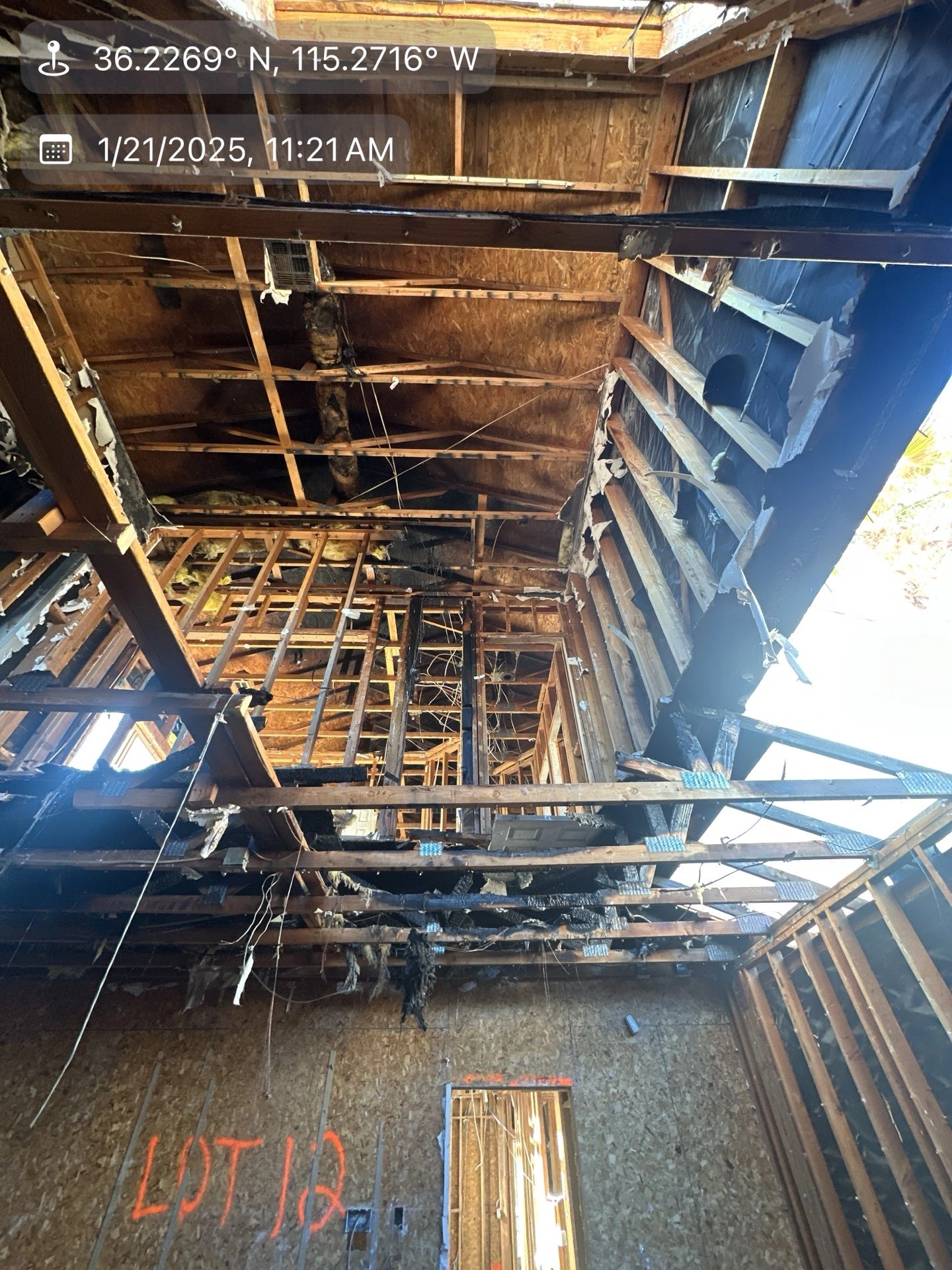
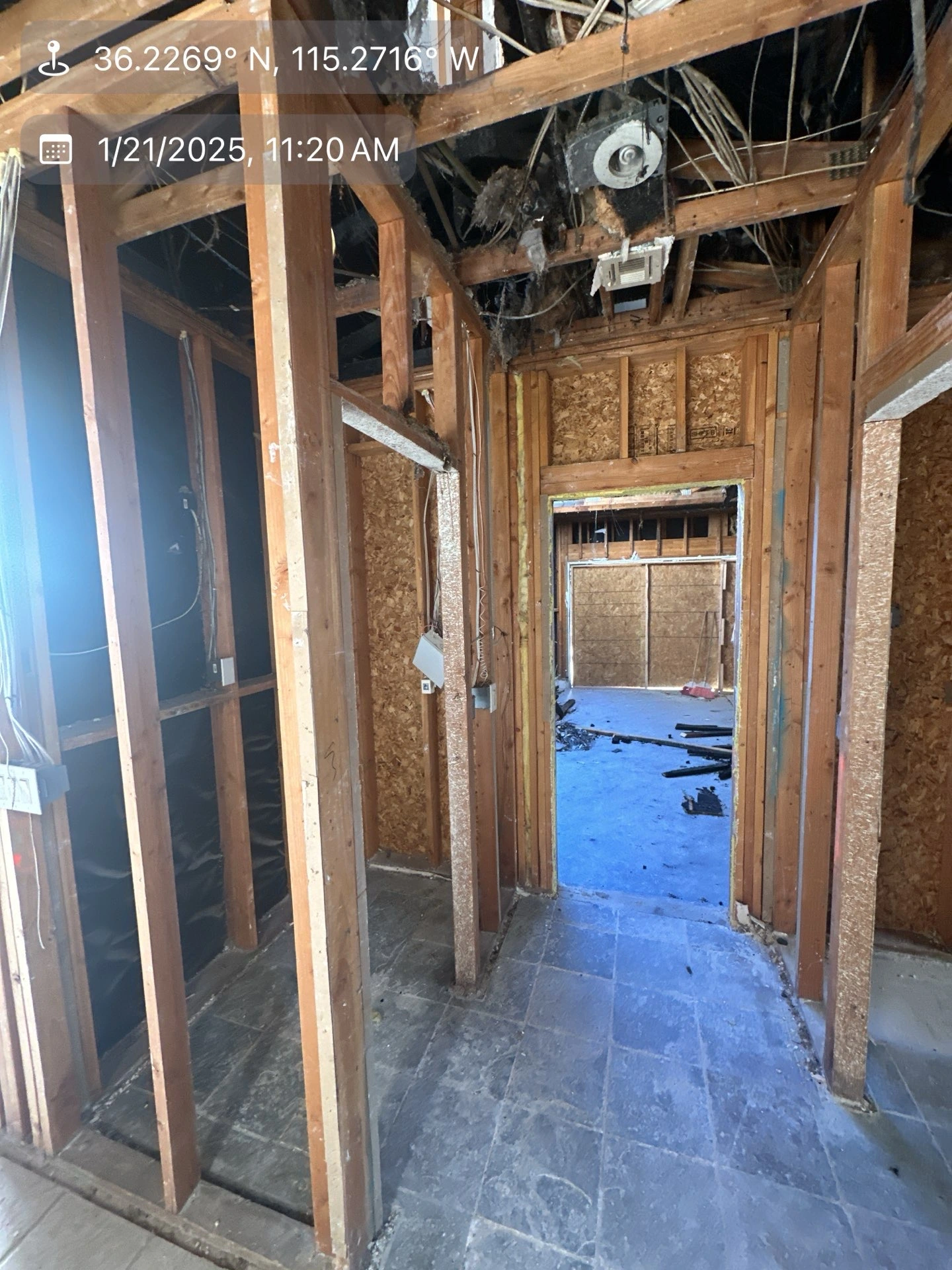
How To Sell A Burned Down Fire Damaged House In NV
- We Buy Fire Damaged Homes
- Selling a fire-damaged house in Enterprise requires weighing the pros and cons of various options, such as selling as-is or repair and listing.
- It is important to consult a fire damage restoration contractor to properly assess the damage and estimate repair costs in order to accurately price a house with fire damage.
- In Enterprise, it is recommended to disclose fire damage when selling your property in order avoid potential legal disputes & financial liabilities.
We Buy Fire Damaged Homes As Is
We buy homes as-is in Enterprise, NV, including neighborhoods like Mountain’s Edge, Southern Highlands, and Silverado Ranch. Whether you’re facing financial distress, probate, or just want to avoid MLS listings, inspections, and realtor headaches, we make selling your fire-damaged house easy—no showings, no hassle, no stress.

No Home Repairs
Selling your house as is means we take care of all the hassles!

No Agents
Skip paying for agent commission. We make home sales simple!

No Fees
Not only do we have NO agent or iBuyer fees, we cover closing costs!

Fast Closing
Sell your home in 7 days or on your timeline! We buy homes fast.

No Obligations
Take it or leave it. Our free cash offers come with no obligations.

Hassle Free
No agents. No inspection. No delays. We buy real estate as-is for cash!
Can I Sell A Fire-Damaged House In Enterprise?
Although selling a fire-damaged house in Enterprise is possible, it comes with its own set of challenges. The market value of the property is likely to be affected by the damage caused by the fire. This means that selling at a desirable price may be difficult. Additionally, potential buyers may be more inquisitive and cautious when considering such properties.
When selling your fire-damaged house in Enterprise, you can either restore it or sell it as-is. If you decide to restore the property, you may face high repair costs and a lengthy rebuilding process. On the other hand, selling as-is can save you time and money, but may result in a lower selling price. Regardless of your decision, honesty about the damage and required repairs is critical.
Sell Fire Damaged House Enterprise!
If a simple home sale that closes on your schedule sounds like what you need, come check us out. You can request a free quote for your house by filling out our form below!
We’ll Give You A No Pressure As-Is Cash Offer in 24 Hours
We’re Local, Can Close in 10 Days, Fast Cash
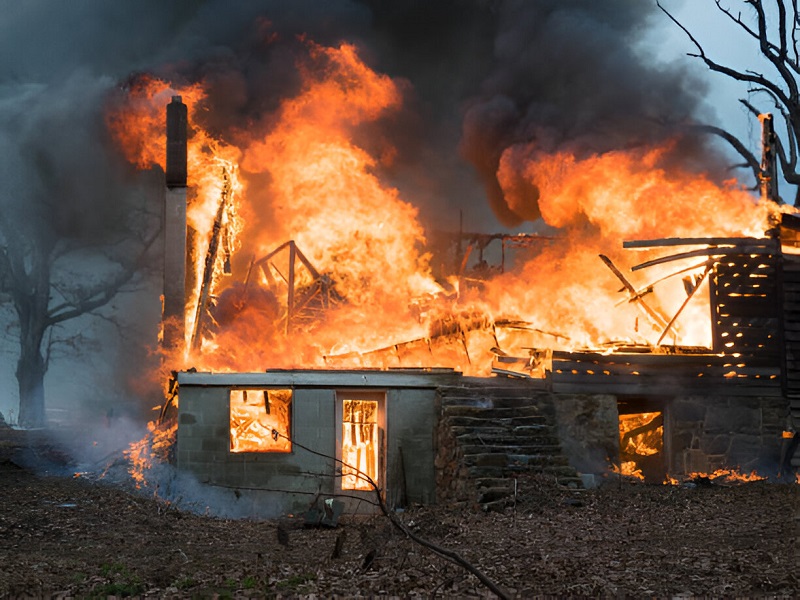

Enterprise, Nevada, is an unincorporated area in Clark County and does not have its own municipal fire department. Instead, fire protection and emergency services are provided by the Clark County Fire Department (CCFD). The CCFD operates a network of urban fire stations throughout the county, including several that serve the Enterprise area specifically.
Based on official Clark County Fire Department station listings and location data, Enterprise is served by at least four CCFD fire stations:
• Station 65 – Southern Highlands (11322 Valley View Blvd, Enterprise)9
• Station 66 – Mountains Edge
• Station 34 – Sovana
• Station 38 – Silverado Ranch
These stations are strategically located to provide coverage for Enterprise and its surrounding neighborhoods. The exact boundaries of station service areas can overlap with adjacent communities, but these four stations are the primary responders for Enterprise.
Enterprise, Nevada, is served by the broader Las Vegas and Clark County restoration market, so local fire restoration costs closely mirror those of the greater Las Vegas area.
Typical Cost Range
• Most homeowners pay between $3,200 and $25,000 for fire damage restoration, depending on the extent of the damage.
• National average: Around $12,000 for fire damage cleanup.
• Minor repairs: Can be as low as $800–$5,000 for small, contained fires or smoke-only incidents.
• Major or total loss: Restoration for an entire home can exceed $100,0005.
Cost Per Square Foot
• Average cost: About $4.70 per square foot for a typical home restoration.
•For example, restoring a 2,600-square-foot home would cost approximately $12,000 at this rate.
Cost Factors
• Severity and type of fire: Simple, single-fuel fires are less expensive to restore than complex fires involving synthetic materials.
• Extent of smoke, soot, and water damage: More extensive damage increases costs, especially if water was used to extinguish the fire.
• Specialized cleaning: Oily soot or chemical extinguisher residue can raise costs.
• Reconstruction needs: Costs increase significantly if structural repairs, cabinetry, or drywall replacement are required.
What’s Included
• Emergency board-up and property securing
• Soot and smoke removal ($1,800–$6,400 for professional cleaning)
• Odor removal ($200–$600 for thermal fogging or ozone treatment)
• Water damage mitigation (if needed, $800–$4,300 for wall removal and mold prevention)
• Structural repairs and reconstruction (varies widely)
Insurance
• Most homeowner insurance policies cover some or all fire restoration costs, but coverage and deductibles vary. Restoration companies often assist with documentation for insurance claims.
Enterprise, Nevada, is part of the Las Vegas Valley, and new home construction costs here closely follow regional and national trends. Here’s a detailed breakdown based on the most current data:
Average Cost Per Square Foot
• Typical range: $150–$250 per square foot for standard new construction in Enterprise, depending on materials, finishes, and labor costs.
• National average: $150–$200 per square foot, with higher-end custom homes or luxury builds reaching $300–$400+ per square foot in premium markets.
Total Cost Estimates (Excluding Land)
| Home Size (sq ft) | Low Estimate (@ $150/sq ft) | High Estimate (@ $250/sq ft) |
| 2,000 | $300,000 | $500,000 |
| 2,500 | $375,000 | $625,000 |
| 3,000 | $450,000 | $750,000 |
Land and Additional Costs
• Land cost: Typically ranges from $50,000 to $200,000+ per lot in Enterprise, depending on location and size.
• Permits and fees: Usually add several thousand dollars to the total project cost6.
• Sitework, utilities, landscaping, and upgrades: Can significantly increase the final price, especially for custom homes or lots requiring extensive preparation.
Cost Factors
• Design complexity: Custom or luxury homes cost more per square foot due to specialized materials and architectural features.
• Labor and material market: Fluctuations in labor availability and supply chain issues can impact costs.
• Regional regulations: Building codes and energy efficiency requirements may also affect final pricing.
The real estate market in Enterprise, Nevada, remains strong and dynamic in spring 2025, characterized by rising prices, increasing inventory, and a competitive—yet evolving—environment.
Home Prices and Value Trends
• Median home sold price: $492,507 in March 2025, up 9.4% year-over-year.
• Average home value: $483,148–$488,125, reflecting a 4.4–5.0% increase over the past year.
• Median price per square foot: $253.
• Price appreciation: All bedroom categories except 1-bedroom homes saw notable price gains, with 3-bedroom homes up 7.8%, 4-bedroom homes up 6.7%, and 5+ bedrooms up 9.7% year-over-year.
Inventory and Sales Activity
• Inventory surge: 1,118 homes for sale in March 2025, a 22.1% increase from the previous month, providing buyers with more options.
• Sales volume: 205 homes sold or pending in March 2025, up 10.8% month-over-month.
• Sales by price: 62% of homes sold below asking price, 21% at asking, and 17% over asking, indicating negotiation room for buyers but also competition for desirable properties.
• Days on market: Average listing age is 49 days, up 26.1% from a year ago, though nearly half of homes (48%) still sell within 30 days.
Market Balance and Competitiveness
• Seller’s market: Enterprise remains a seller’s market, with prices trending higher and homes selling relatively quickly.
• Competition: Some homes receive multiple offers, but the average home sells for about 1–2% below list price and goes pending in around 41–50 days; “hot” homes can sell at or near list price in as little as 19–22 days.
• Negotiation: The rise in inventory and longer selling times suggest buyers have more leverage than last year, but strong price appreciation means sellers still hold an advantage.
Outlook
• Sustained growth: Price appreciation remains robust, but rising inventory and longer days on market point to a gradually balancing market.
• Buyer opportunity: Increased inventory and a higher percentage of homes selling below asking price provide more negotiating power for buyers, though competition persists for well-priced homes.
Enterprise, Nevada, offers a vibrant mix of outdoor parks, family-friendly attractions, unique entertainment, and easy access to the excitement of the Las Vegas Strip. Whether you’re seeking scenic hikes, interactive shows, or shopping and dining, Enterprise has memorable experiences for every type of visitor. Here are some of the most well-known city attractions in Enterprise:
Exploration Peak Park
• Exploration Peak Park is a signature destination in Enterprise, known for its panoramic views of the Las Vegas Valley, well-maintained hiking trails, shaded playground, and picnic areas. The park’s interpretive paths highlight the region’s natural and historical heritage, making it both a scenic and educational spot for families and outdoor enthusiasts.
Mountain’s Edge Regional Park
• This sprawling park is a favorite for both relaxation and activity. With barbecue grills, shaded tables, sports courts, fitness stations, and a popular interactive water play area, Mountain’s Edge Regional Park is perfect for family outings, group gatherings, or a peaceful afternoon in the sun.
Silverton Aquarium Mermaid Show
• The Mermaid Show at Silverton Aquarium is a unique and enchanting experience for all ages. Set in a massive aquarium, costumed mermaids perform underwater shows among vibrant marine life, blending fantasy and education in a way that’s truly memorable for families and visitors.
Antique Mall of America
• For those who love treasure hunting or exploring history, the Antique Mall of America is a sprawling marketplace filled with vintage furniture, collectibles, and rare finds. It’s a haven for collectors and anyone interested in browsing relics from different eras.
Las Vegas South Premium Outlets
• A major shopping destination in Enterprise, the Las Vegas South Premium Outlets feature over 140 stores, including designer and brand-name retailers. It’s a must-visit for shoppers looking for deals and variety, and offers a break from the typical casino-centric Vegas experience.
Town Square Las Vegas
• Town Square Las Vegas is a vibrant open-air shopping, dining, and entertainment complex. With its mix of boutiques, restaurants, movie theaters, and seasonal events, it’s a popular gathering spot for locals and visitors alike, offering something for every age group.
Olympia Sports Park
• Olympia Sports Park stands out for its extensive sports facilities, including soccer fields, baseball diamonds, basketball and tennis courts, and innovative play areas for children. The park’s walking trails and landscaped spaces make it a hub for recreation and community events.
Western Trails Park
• This park is a nature lover’s retreat, featuring diverse landscapes, serene walking trails, and native flora. It’s ideal for walking, jogging, or simply unwinding in a tranquil outdoor setting away from the city bustle.
The Las Vegas Strip
• While technically just outside Enterprise, the world-famous Las Vegas Strip is easily accessible and a defining attraction for the area. Visitors can experience dazzling neon lights, iconic resorts, world-class entertainment, and endless dining and shopping options—all just minutes away from Enterprise.
Enterprise, Nevada, features a variety of well-known neighborhoods and master-planned communities, each offering unique amenities and lifestyles. Here are some of the most prominent neighborhoods in Enterprise:
Notable Neighborhoods in Enterprise
Mountain’s Edge
• A large, master-planned community known for its striking desert landscape, abundant parks, walking trails, and family-friendly amenities. Mountain’s Edge emphasizes sustainability and outdoor living, making it popular with families and those who enjoy an active lifestyle.
Southern Highlands
• An upscale, master-planned community in the southern part of Enterprise, Southern Highlands features luxury homes, golf courses, private parks, and top-rated schools. It’s highly sought after for its exclusivity and resort-style living.
Rhodes Ranch
• A gated, golf course community with a resort-like atmosphere, Rhodes Ranch offers a variety of housing options, a championship golf course, community water park, fitness center, and lush landscaping.
Coronado Ranch
• This neighborhood is known for its tree-lined streets, well-maintained parks, and a mix of single-family homes and townhouses. Coronado Ranch appeals to families and professionals seeking a suburban feel with easy access to shopping and dining.
Highlands Ranch
• A growing community offering newer homes, parks, and proximity to schools and shopping centers. It’s popular with families looking for modern amenities and a convenient location.
Silverado Ranch
• Technically straddling the border of Enterprise and Paradise, Silverado Ranch is a well-established area known for its affordability, variety of home styles, and proximity to major roads, shopping, and entertainment.
Nevada Trails
• A master-planned community featuring wide streets, greenbelts, and parks, Nevada Trails is recognized for its peaceful environment and family-friendly atmosphere.
Sell My Fire-Damaged House in Enterprise: Expert Tips & Solutions
A house fire can shatter the security of homeownership in an instant, leaving Enterprise property owners facing difficult decisions about their future. The good news is that selling a fire-damaged house in Enterprise offers multiple pathways forward, each designed to match different circumstances and recovery goals.
From specialized cash buyers who purchase properties in any condition to strategic restoration approaches that could maximize your sale price, viable solutions exist for every situation.
From specialized cash buyers who purchase properties in any condition to strategic restoration approaches that could maximize your sale price, viable solutions exist for every situation.
Fire damage presents unique challenges, from assessing structural integrity to managing insurance claims and understanding state-specific disclosure requirements. Enterprise’s real estate market has adapted to accommodate these specialized sales, with various buyers and investors ready to work with fire-damaged properties.
Understanding your options starts with a thorough assessment of your property’s condition and the scope of damage. This knowledge empowers you to make informed decisions about repair investments, pricing strategies, and choosing the most advantageous selling method for your circumstances.
The Enterprise real estate market offers several practical paths forward, whether you prefer working with cash buyers for a quick sale or pursuing repairs to maximize your property’s value.
By exploring these options while considering legal requirements, market conditions, and your personal timeline, you can transform this challenging situation into a successful property sale that aligns with your recovery goals.
First Steps After Fire Damage
When your Enterprise home suffers fire damage, every minute counts. I’ve helped numerous homeowners through this challenging situation, and I can tell you that taking swift, strategic action protects both your safety and your property’s value. Let’s explore the essential steps you’ll need to take.
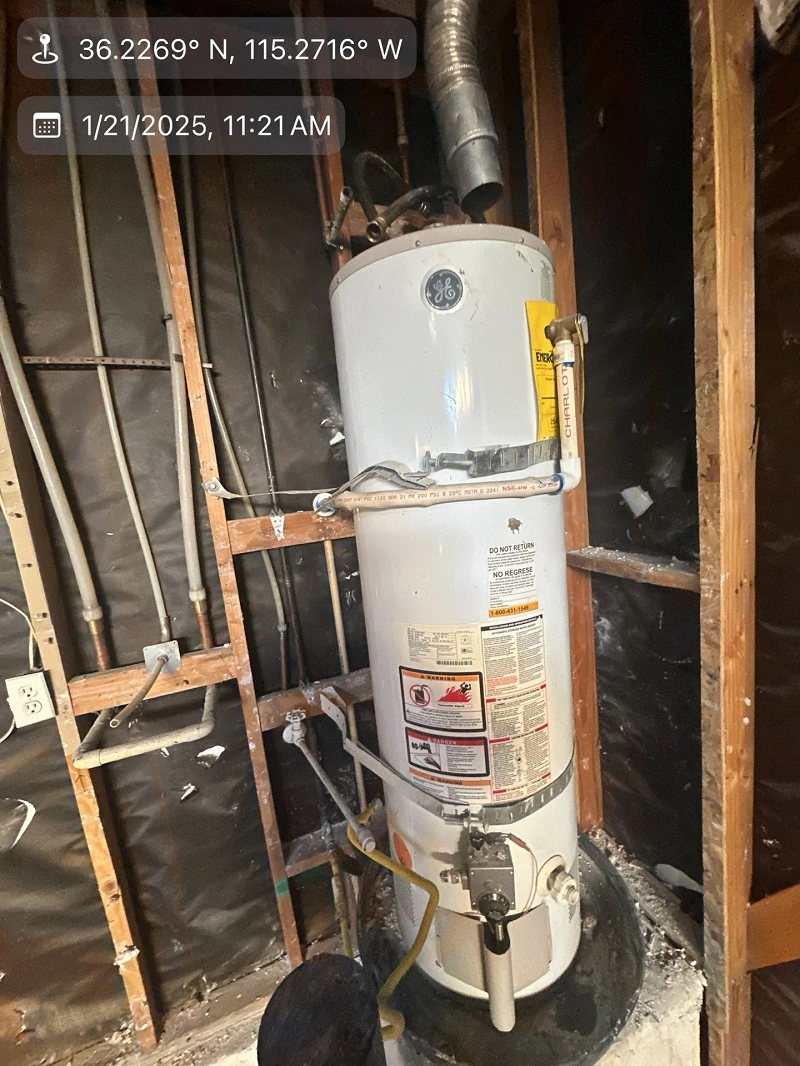
Safety Assessment and Documentation
Your safety comes first – no exceptions. Have a certified fire inspector or structural engineer evaluate your property before anyone enters. I always recommend getting this assessment in writing. Once you get the all-clear, grab your camera and document everything.
Take detailed photos and videos of every room, every wall, and every damaged item. Trust me, this thorough documentation will be invaluable for both your insurance claim and conversations with potential buyers.
Insurance Claims Process
Pick up the phone and call your insurance company right away. They’ll assign an adjuster to assess the damage and determine your coverage for:
• Structural repairs
• Personal property replacement
• Temporary housing costs
• Damage to neighboring properties
Keep a dedicated notebook or digital file for all insurance communications. Note down claim numbers, adjuster names, and save every estimate you receive. Buyers and investors will appreciate this level of organization and transparency.
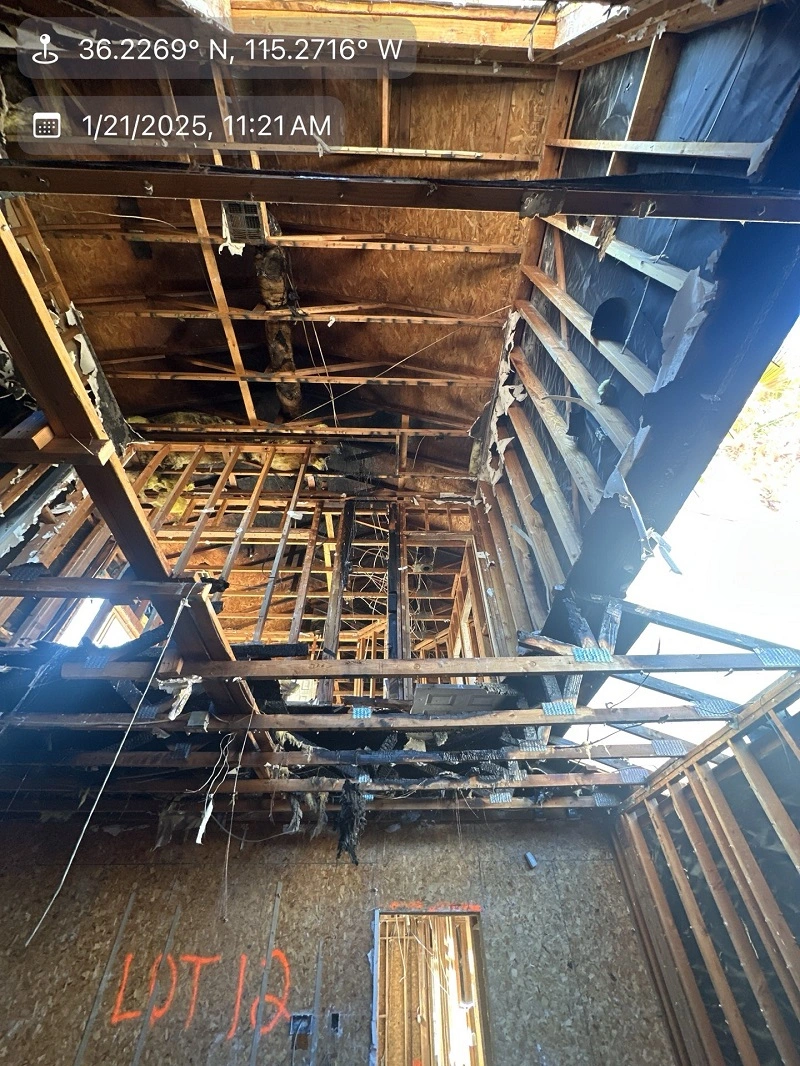
Temporary Living Arrangements
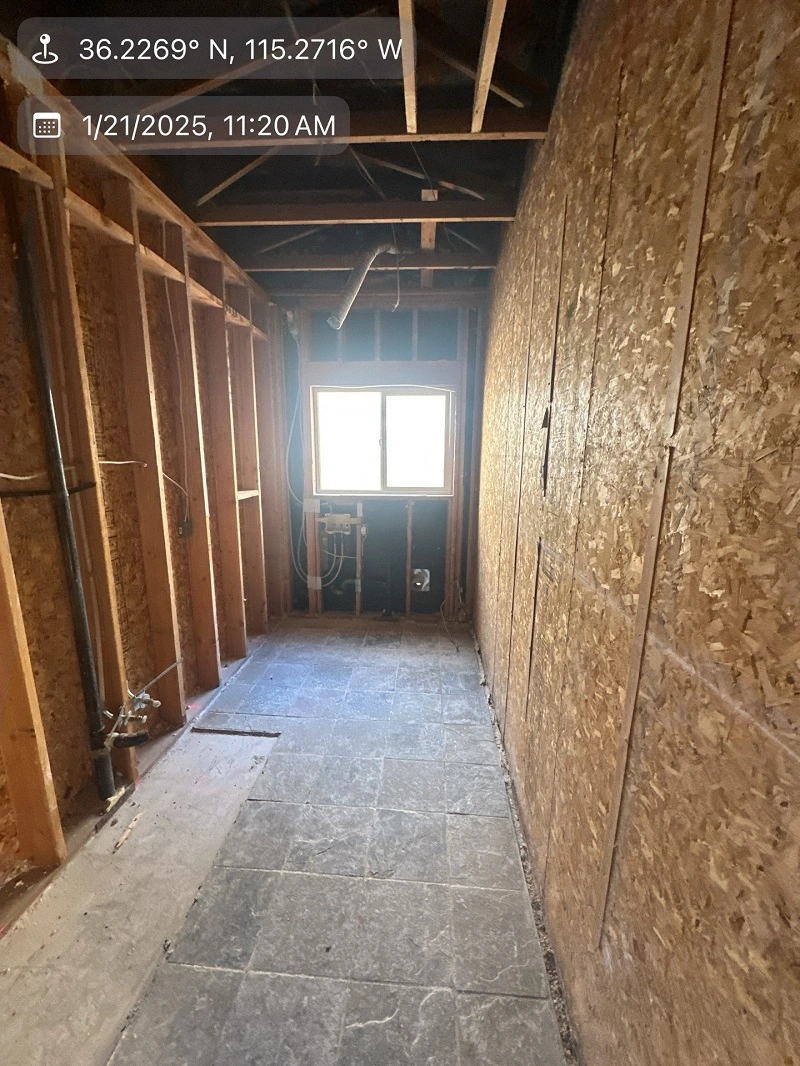
Finding a stable temporary home is crucial while you manage your property situation. Your insurance policy likely includes temporary housing coverage – a benefit many homeowners don’t realize they have. Options typically include:
• Extended-stay hotels
• Short-term rental properties
• Corporate housing
• Family accommodations
Discuss these benefits with your insurance representative to understand your coverage limits and duration.
Essential Contact List
Success in handling fire damage requires a strong network of professionals. Here’s your must-have contact list:
• Fire Department (for official incident reports)
• Insurance Agent and Claims Adjuster
• Fire Restoration Contractors
• Real Estate Professionals with Fire Damage Experience
• Local Building Department
• Utility Companies
Store these contacts in your phone and keep a printed copy somewhere safe. Each professional plays a crucial role in your property’s recovery journey.
Maintain detailed records of all interactions, and always request copies of official reports, assessments, and permits. These documents aren’t just for your records – they’re essential for potential buyers who’ll want to understand the property’s history and restoration process.
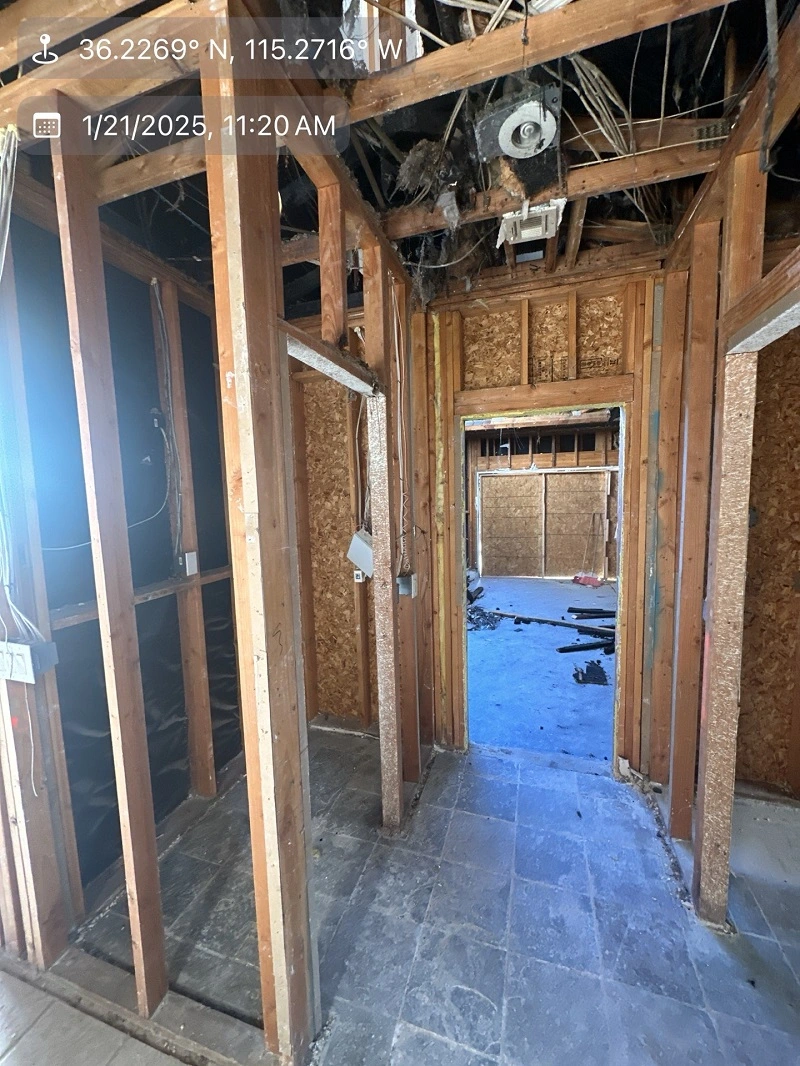
Evaluating Your Property’s Condition
I’ve helped numerous homeowners assess fire damage, and I can tell you that understanding your property’s condition is absolutely crucial for making smart decisions about selling your fire-damaged house in Enterprise. Let me walk you through what you need to know to get an accurate picture of your situation.
Types of Fire Damage
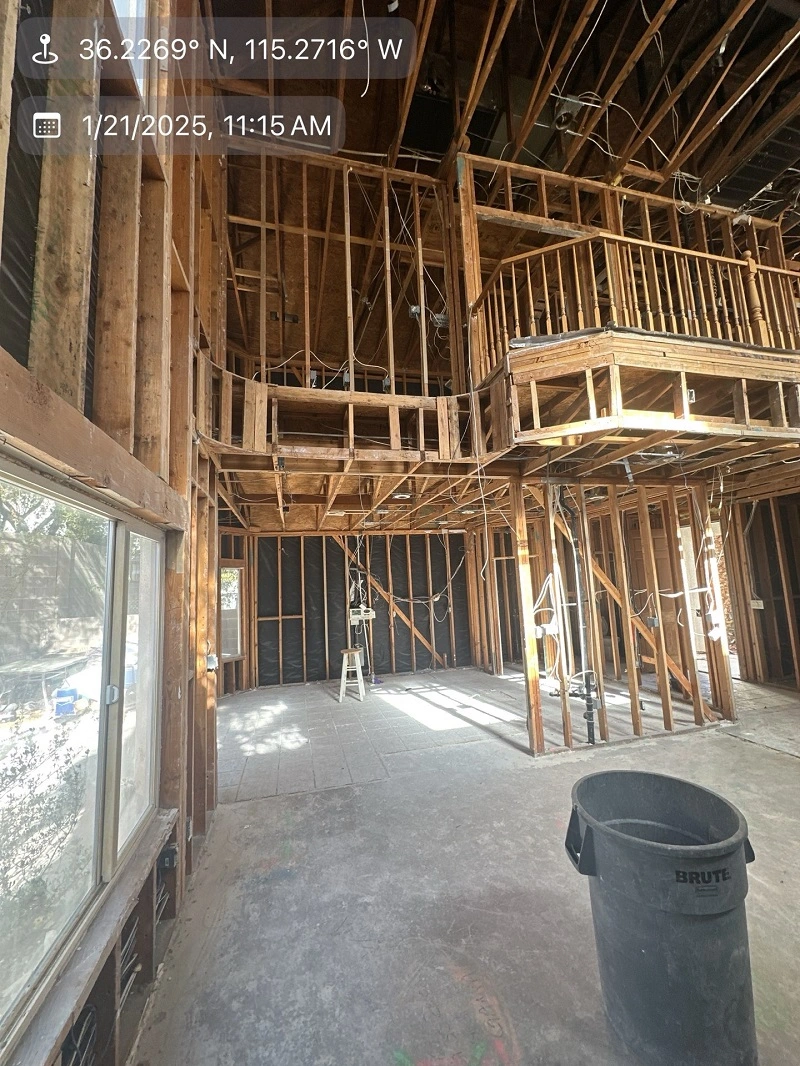
Structural Impact
Fire damage goes way deeper than what meets the eye. From my experience, the most concerning issues often lurk behind seemingly intact walls. Here’s what typically needs close attention:
• Load-bearing walls and support systems
• Roof trusses and structural beams
• Foundation elements and floor joists
• Hidden stress points in the building’s framework
Smoke and Soot Effects
You’d be surprised how sneaky smoke and soot damage can be. I’ve seen pristine-looking rooms harbor significant hidden damage. These silent destroyers:
• Infiltrate extensively into walls and insulation
• Contaminate HVAC systems and ductwork
• Create persistent odors that are tough to eliminate
• Cause ongoing deterioration through acidic residue
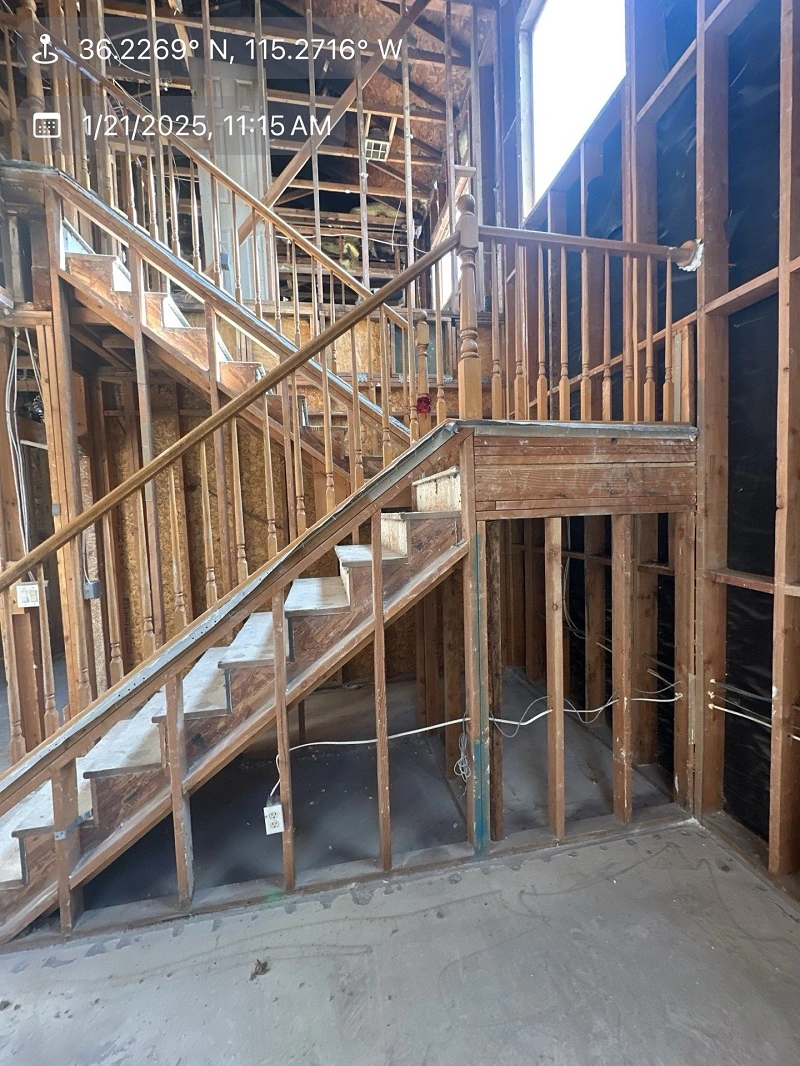
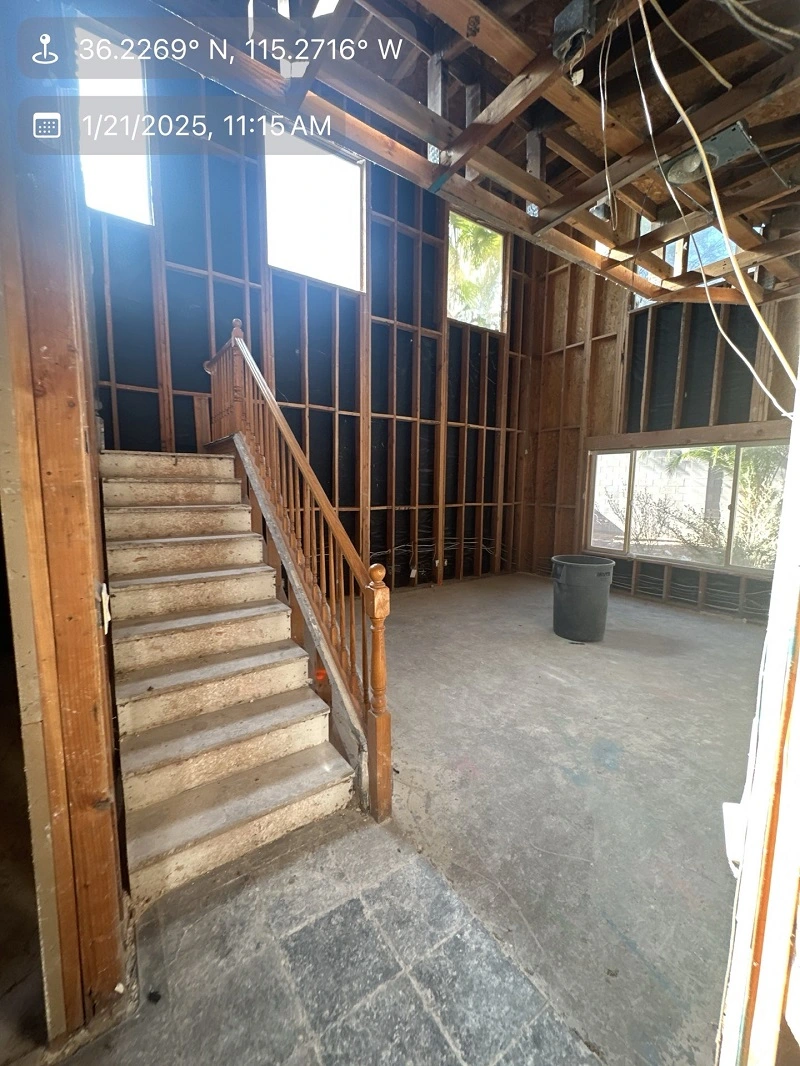
Water Damage From Firefighting
Here in Enterprise, I’ve witnessed how firefighting efforts can sometimes cause as much damage as the fire itself. The aftermath typically includes:
• Saturated drywall and flooring materials
• Compromised electrical systems
• Hidden pockets of moisture in wall cavities
• Potential mold growth in our unique desert climate
Professional Assessment Methods
Having worked with numerous assessment professionals, I can tell you they rely on sophisticated tools to get the full picture:
• Thermal imaging cameras for detecting hidden damage
• Advanced moisture meters for tracking water penetration
• Air quality testing equipment for contamination assessment
• Structural integrity testing tools
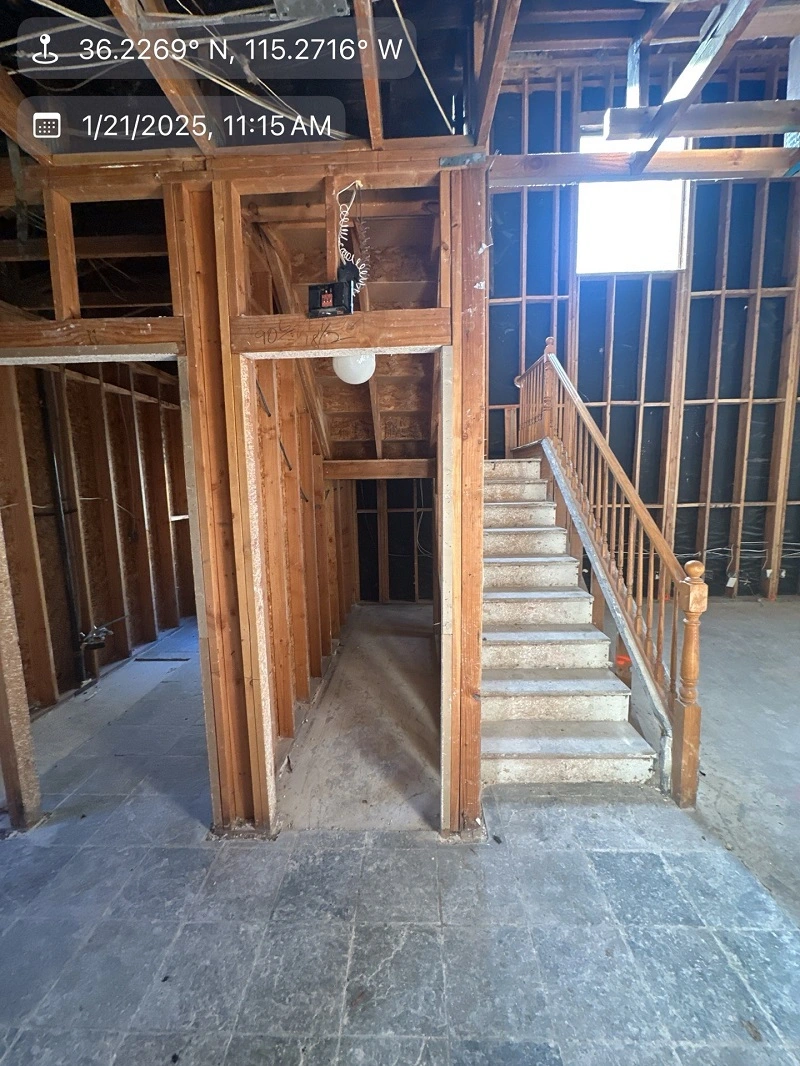
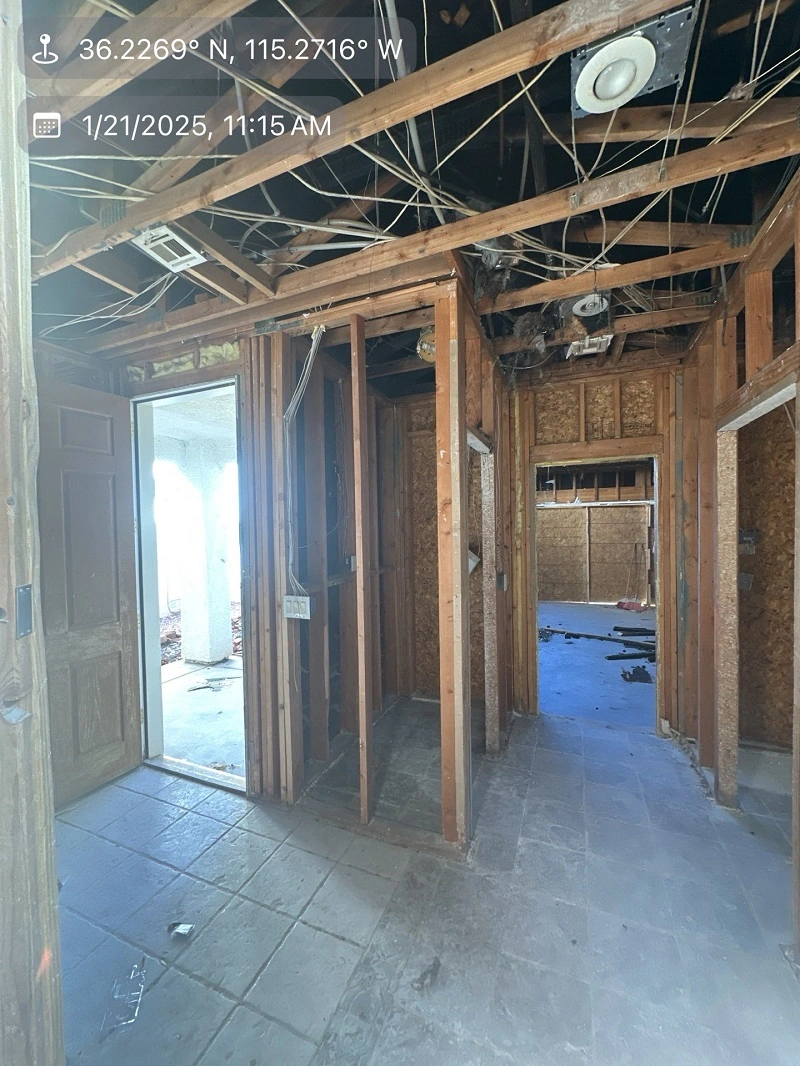
Cost Analysis For Repairs
Let me break down the essential repair elements you’ll need to consider:
Emergency Response:
• Immediate security measures
• Professional board-up services
• Temporary structural support
Central Fundamental Work:
• Foundation and structural repairs
• Complete smoke removal treatment
• Water extraction and dehumidification
• Electrical system overhaul
• HVAC cleaning or replacement
Finishing Touches:
• Interior wall reconstruction
• Floor replacement or restoration
• Paint and finish work
• Final cleaning and deodorization
I’ve found that getting detailed estimates for each of these components helps homeowners make informed decisions about whether to restore or sell as-is. This in-depth understanding of repair costs becomes your strongest negotiating tool, whether you’re dealing with insurance adjusters or potential buyers in Enterprise’s real estate market.
Selling Options In Enterprise
Selling your fire-damaged house in Enterprise doesn’t have to be overwhelming. I’ve helped numerous homeowners work through this challenging situation, and there are several proven approaches you can explore. Let me walk you through each option to help you make the best choice for your circumstances.
Cash Buyers And Investors
Having worked with various cash buyers in Enterprise, I can tell you they’re often the fastest route to selling a fire-damaged property. Companies like AMI House Buyers and Moe Buys Homes specialize in these situations, offering:
• Closings as quick as 7-14 days
• Zero repair requirements
• No commission fees or closing costs
• Purchase guarantees regardless of damage
• Hassle-free paperwork and transactions
• Fair cash offers based on current condition
The best part? These investors have extensive experience evaluating fire-damaged properties, so they can quickly assess your home’s potential and make a reasonable offer.
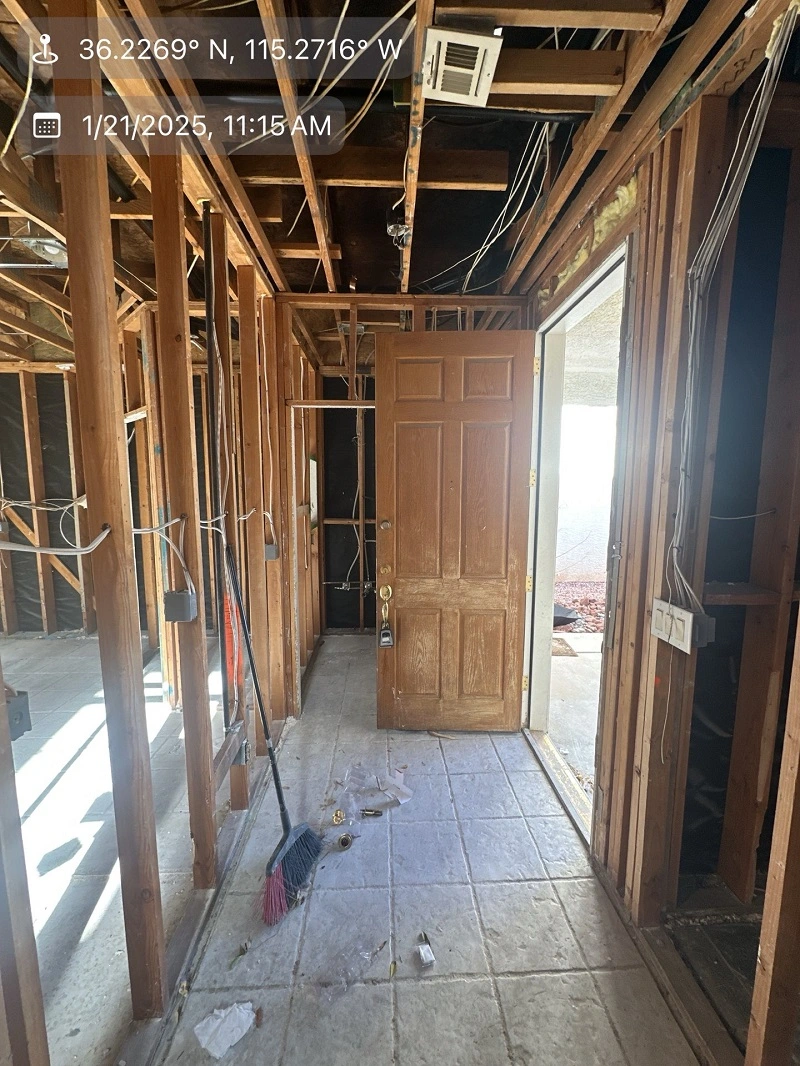
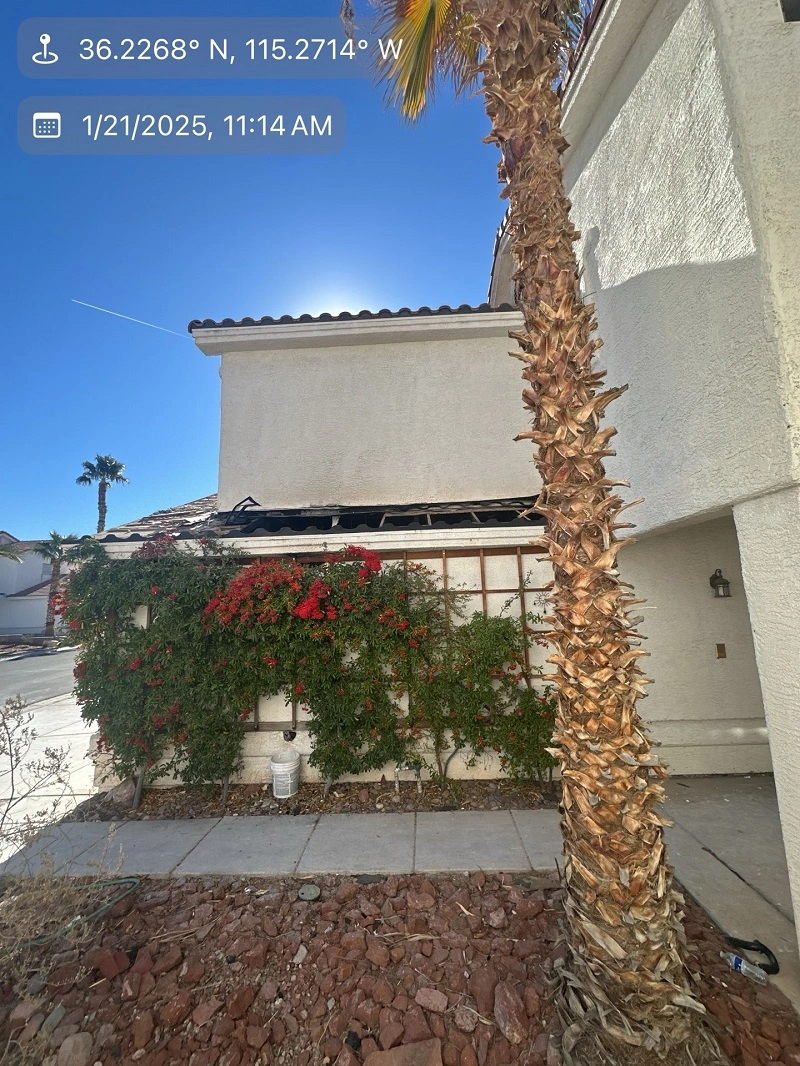
Traditional Real Estate Market
If your property has minimal damage or you’ve already tackled some repairs, the traditional real estate market might be your best bet. I’ve seen many successful sales through this route, especially with the right real estate agent. Here’s what a skilled agent brings to the table:
• Strategic marketing to target the right buyers
• Accurate pricing strategies for damaged properties
• Expert guidance on damage disclosure requirements
• Access to extensive buyer networks
• Professional negotiation skills
• Detailed paperwork management
Keep in mind that while this path might take longer, it often yields higher sale prices when the property’s condition permits.
Property Auctions
Property auctions have become increasingly popular for selling fire-damaged homes in Enterprise. From my experience, they’re particularly effective when:
• Time is of the essence
• Multiple investors are interested
• Traditional sales methods haven’t succeeded
• You want to create a competitive bidding environment
The beauty of auctions lies in their ability to attract renovation specialists and contractors actively seeking project properties. This competition can sometimes drive prices higher than expected.
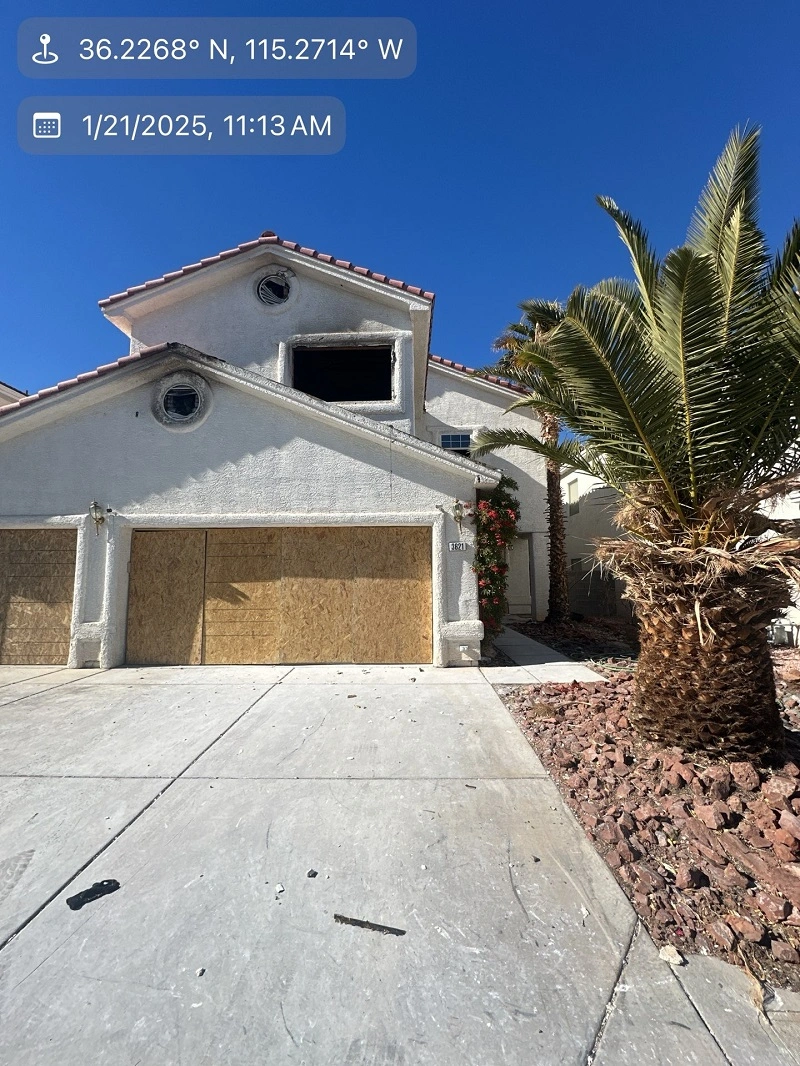
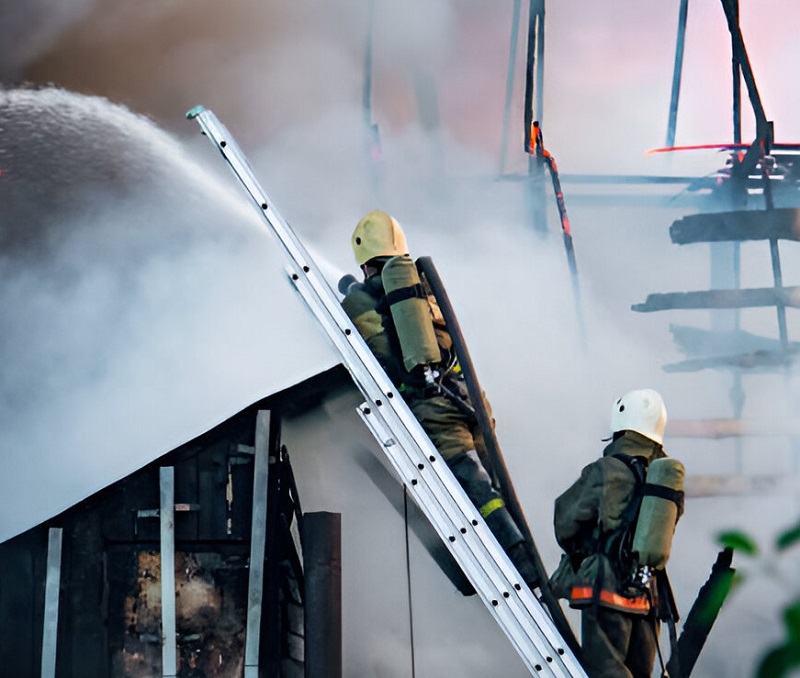
For Sale By Owner Approach
Taking control through a For Sale By Owner (FSBO) approach can save you thousands in commission fees, but it requires dedication and attention to detail. Here’s what you’ll need to manage:
• Detailed damage documentation and assessment reports
• Compliance with Enterprise real estate laws
• Direct marketing campaigns
• Property showings and buyer communications
Negotiation processes
Closing procedures and paperwork
I’ve seen successful FSBO sales of fire-damaged properties, but they require significant time investment and thorough knowledge of local real estate practices. You’ll need to be comfortable answering detailed questions about the damage and maintaining careful documentation of any completed repairs or professional assessments.
Legal Requirements In Enterprise
Selling a fire-damaged house in Enterprise comes with specific legal obligations that protect both buyers and sellers. I’ve helped numerous homeowners understand these requirements, and I can tell you firsthand that comprehending them is crucial for a smooth, legally compliant sale.
Disclosure Laws
Enterprise law demands complete transparency when selling any property, especially one with fire damage. Having worked through this process myself, I know how essential proper disclosure is. As a seller, you must:
• Provide detailed information about the extent and nature of the fire damage
• Disclose any repairs or restoration work completed
• Share information about ongoing insurance claims
• Reveal any potential structural issues resulting from the fire
• Mention any environmental concerns, such as smoke residue or water damage
Think of disclosures as your safety net. Being thorough not only fulfills your legal obligations but also protects you from potential future litigation while building trust with potential buyers.

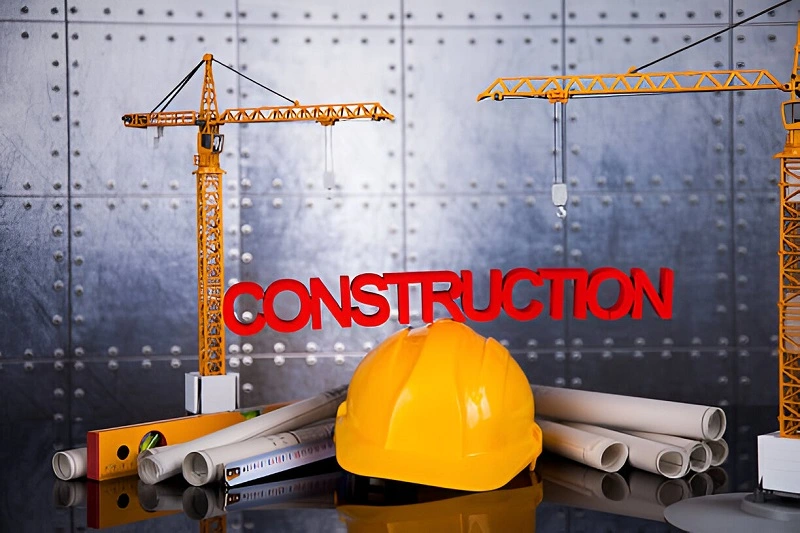
Building Code Compliance
Fire damage typically triggers the need for compliance with current building codes, even if your home was originally built under older standards. Through my experience with local contractors, I’ve learned these key considerations are essential:
• Obtaining necessary permits for repairs
• Meeting current safety standards for electrical systems
• Ensuring structural repairs align with Enterprise building codes
• Complying with local municipality requirements
• Addressing any pre-existing code violations discovered during inspection
I always recommend working with licensed contractors who understand Enterprise’s building codes. They’ll ensure all repairs meet necessary standards and help maintain proper documentation throughout the process.
Documentation Requirements
Proper documentation serves as your property’s paper trail. From my work with fire-damaged properties, I’ve found these records are absolutely essential:
• Fire department reports and incident documentation
• Professional damage assessment reports
• Repair and restoration records
• Building permits and inspection certificates
• Insurance claim documentation
• Contractor estimates and invoices
Think of these documents as your property’s story – they give potential buyers a clear understanding of what happened and demonstrate your commitment to transparency.
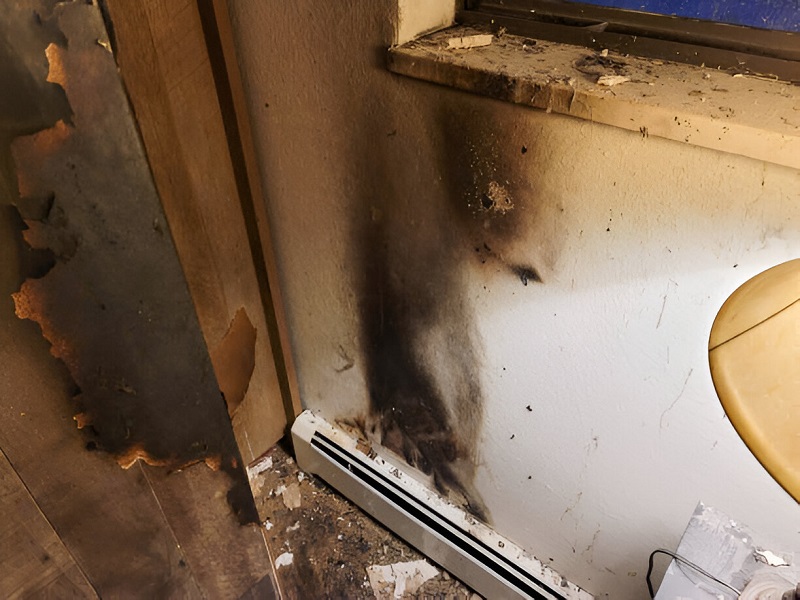

Insurance Implications
Insurance plays a pivotal role in selling fire-damaged properties. Based on my experience helping homeowners through this process, here are the crucial considerations:
• Understanding how insurance settlements affect the sale process
• Managing outstanding claims during a property transfer
• Documenting insurance-funded repairs and improvements
• Addressing any coverage gaps or denied claims
• Transferring relevant insurance information to potential buyers
I’ve found that maintaining close communication with your insurance provider throughout the sale process is invaluable. It ensures all claims are properly handled and documented, which can significantly impact your property’s marketability and final sale price.
Pricing Strategies
Determining the right price for your fire-damaged house in Enterprise can feel like walking a tightrope. I’ve helped numerous homeowners find their path through this challenging process, and I’ve found that success lies in balancing multiple factors while staying attuned to current market conditions.
Market Value Factors
The foundation of your property’s value starts with its pre-damage worth and today’s market reality. Here’s what really moves the needle on your property’s baseline value:
• Recent comparable sales in your Enterprise neighborhood (I recommend looking at sales from the past 3-6 months)
• Local real estate market trends and seasonal patterns
Your property’s location and core lot value
• Surviving features and amenities that still add value
• Current demand for renovation properties in your area
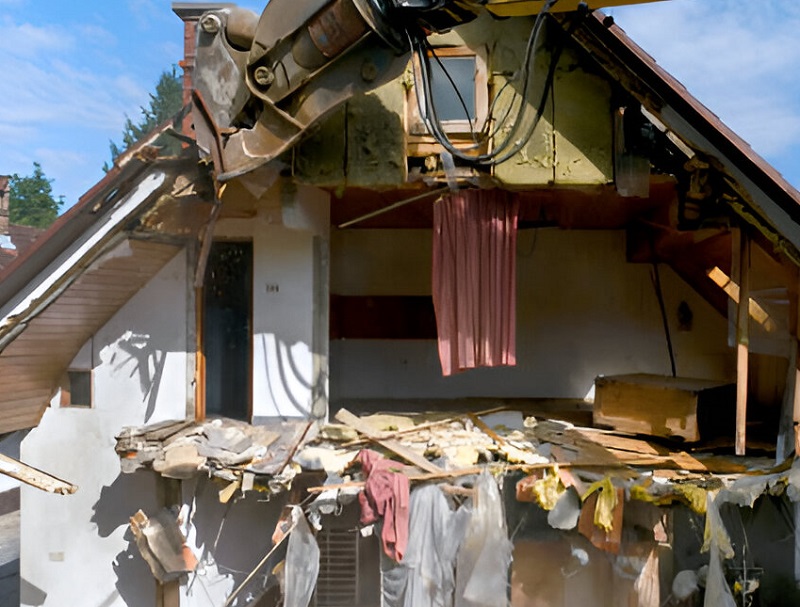

Repair Cost Deductions
Let’s talk about repair costs – they’re often the make-or-break factor in pricing your fire-damaged home. From my experience, you’ll want to gather detailed estimates for:
• Structural repairs and rebuilding costs
• Smoke and water damage remediation
• Code compliance upgrades
• Essential cosmetic improvements
• Permit and inspection fees
Most buyers expect a discount that goes beyond just the repair costs. I’ve seen successful deals typically include a 20-30% buffer on top of estimated repairs to account for the buyer’s time investment and risk.
Negotiation Considerations
Smart negotiation starts with understanding all the pieces in play:
• Your personal timeline and selling urgency
• Similar distressed properties on the market
• Buyer intentions (fix-and-flip vs. complete rebuild)
• Available financing options in your area
• Impact of insurance settlements on the deal
I’ve found that cash buyers typically want bigger discounts, but they offer something valuable in return – speed and simplicity in closing.


Price Adjustment Tactics
Your pricing strategy should breathe with the market. Here’s what works:
• Start slightly higher if you have time flexibility
• Make strategic price reductions based on actual buyer feedback
• Consider closing cost incentives for quick sales
• Adjust pricing to match seasonal market patterns
• Build in a reasonable negotiation cushion
Finding the sweet spot takes finesse – price too high, and you’ll watch your property gather dust on the market. Price too low, and you’re leaving money on the table. Through years of experience, I’ve learned that the magic happens when you price strategically enough to attract serious buyers while maintaining room for productive negotiations.
Choosing Between Repair Or As-Is Sale
I’ve helped numerous homeowners through this challenging crossroad, and I can tell you that choosing between repairing a fire-damaged house or selling it as-is isn’t just about money. It’s a decision that touches every aspect of your life – from your daily stress levels to your long-term financial health.
Financial Considerations
Let’s talk money – because that’s usually the first thing on everyone’s mind. Having worked with insurance claims, I’ve seen how the financial puzzle pieces need to fit together:
• Current insurance coverage and claim potential
• Outstanding mortgage balance
• Available cash reserves for unexpected costs
• Monthly carrying costs during repairs
• Emergency funds for surprises
Remember, while insurance can be a lifesaver, the claims process isn’t always smooth sailing. You’ll need to maintain those monthly payments – mortgage, taxes, utilities – while waiting for the insurance check to arrive.


Timeline Comparison
Time is money, and I’ve watched renovation projects both fly and crawl. Here’s what you can realistically expect:
✓ Full restoration: 6-12 months (depending on damage)
✓ As-is sale to cash buyers: 2-3 weeks typically
✓ Permit processing: 2-8 weeks in most areas
✓ Insurance claim processing: 30-90 days average
The renovation timeline often stretches longer than initially planned, while as-is sales can wrap up surprisingly quickly – especially with motivated cash buyers.
Return On Investment Analysis
Let’s crunch some numbers. Based on my experience in the market, here’s what you’ll want to calculate:
- Current market value (damaged state)
- Projected value after repairs
- Total repair costs breakdown:
- Labor and materials
- Permit fees
- Temporary housing if needed
- Unexpected issues buffer (15-20% recommended)
- Holding costs during renovation:
- Monthly mortgage payments
- Insurance premiums
- Property taxes
- Utilities

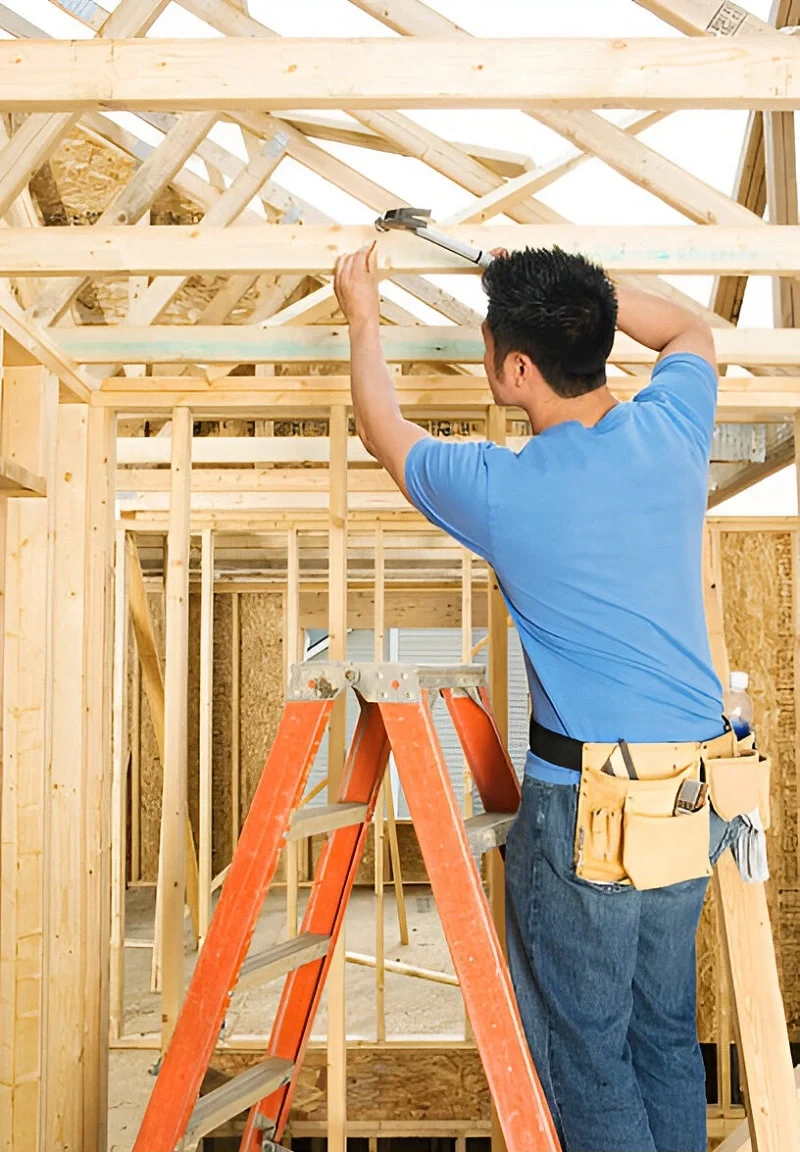
Risk Assessment
I’ve seen renovation projects go both ways – some smooth as silk, others turning into money pits. Here’s what you need to watch for:
Hidden Risks in Repairs:
• Structural issues discovered mid-project
• Supply chain delays
• Contractor scheduling conflicts
• Code compliance updates
• Cost overruns
As-Is Sale Considerations:
• Lower immediate return
• Faster closing timeline
• Reduced complexity
• Minimal additional investment
• Guaranteed completion date
Your personal situation matters most here. Some of my clients thrive on the renovation journey, while others prefer the peace of mind of a quick sale.
Consider your stress tolerance, time availability, and financial goals when making this choice. While repairs might boost your final sale price, an as-is sale offers speed and certainty – both valuable commodities in their own right.
Frequently Asked Questions
You’d be surprised how quickly you can sell a fire-damaged house in Enterprise. Working with cash buyers like AMI House Buyers or specialized investors typically results in a sale within 1-2 weeks.
I’ve seen many homeowners relieved to discover these companies handle all paperwork and closing costs, making the process remarkably smooth. Traditional market sales, while still an option, usually take several months, especially when repairs are needed.
Here’s some good news – Enterprise doesn’t mandate specific repairs for selling a fire-damaged house. The only real requirement is that the property must be safe enough for inspection. For traditional market sales, I always recommend:
• Addressing immediate safety hazards
• Securing the property from further damage
• Boarding up broken windows and doors
• Removing water damage (if applicable)
The beauty of working with cash buyers or investors is that they’ll typically purchase your property as-is, saving you time and repair costs.
Insurance coverage is like a safety net, but its strength depends on your specific policy. Most standard homeowner’s insurance policies cover:
• Structural fire damage repairs
• Smoke damage restoration
• Temporary living expenses
• Personal property losses
• Debris removal
Remember, coverage limits and deductibles vary significantly between policies. I always advise contacting your insurance provider immediately after a fire to start the claims process and get a clear picture of your coverage.
Yes, you absolutely can sell your fire-damaged house during pending insurance claims. I’ve assisted numerous homeowners in addressing this challenging scenario. Just keep in mind that you’ll need to:
• Disclose the pending claim to potential buyers
• Consider transferring claim rights to the new owner
• Maintain detailed records of all claim communications
Cash buyers often welcome properties with pending claims, while traditional buyers might need more reassurance about the process.
Think of documentation as your selling toolkit. Here’s everything you’ll need:
Essential Documents:
• Fire incident report from local fire department
• Insurance claim documentation
• Detailed damage disclosure statement
• Professional damage assessment reports
• Repair estimates or completed work records
• Building inspection reports (if applicable)
• Property ownership proof
• Standard sale documents
Having these documents well-organized makes the sale process much smoother and ensures you’re meeting Enterprise’s disclosure requirements. Trust me, thorough documentation is your best friend when selling a fire-damaged property.
What You Should Do After A House Fire In Enterprise
In the aftermath of a house fire in Enterprise, immediate actions are crucial to address the situation. Here are the steps you should take:
Quick Checklist
1. Contact the fire department for a report.
2. Speak with your insurance company to assess any damage.
3. File an insurance claim.
4. Adhere to legal disclosure requirements when selling a fire-damaged house in Enterprise
Depending on your decision to repair or sell the fire-damaged house, you will need to:
1. Assess the damage
2. Contact insurance
3. Obtain multiple quotes
4. Budget for unexpected expenses
5. Work with insurance to get your payout
6. Complete repairs
7. List on the market
Collaborating with an adjuster can assist in evaluating damage and repairs and guarantee an equitable settlement when submitting a fire insurance claim.
Sell Your House After A Fire For Cash in Enterprise Today
The first is connecting with specialized cash buyers who can offer:
• Quick, hassle-free transactions
• As-is purchase options
• No repair requirements
• Fast closing timelines
Your second option involves restoration and traditional market sales, which typically delivers:
• Higher potential sale prices
• Greater buyer interest
• Improved property value
• Better negotiating position
Throughout Enterprise nd dedicated professionals ready to support your decision – from experienced fire restoration contractors to real estate investors who specialize in damaged properties. I’ve seen firsthand how crucial it is to understand your insurance coverage, evaluate your timeline, and align your choice with your financial goals.
Think of this as a fresh start rather than a setback. By carefully weighing your options and ensuring compliance with Enterprise’s disclosure requirements, you’re already on the path to success.
Trust me – while the journey of selling a fire-damaged property might feel overwhelming at first, taking it one step at a time with the right support team will help you move confidently toward your next chapter.
Sell Fire Damaged House Enterprise!
If a simple home sale that closes on your schedule sounds like what you need, come check us out. You can request a free quote for your house by filling out our form below!
We’ll Give You A No Pressure As-Is Cash Offer in 24 Hours
We’re Local, Can Close in 10 Days, Fast Cash
